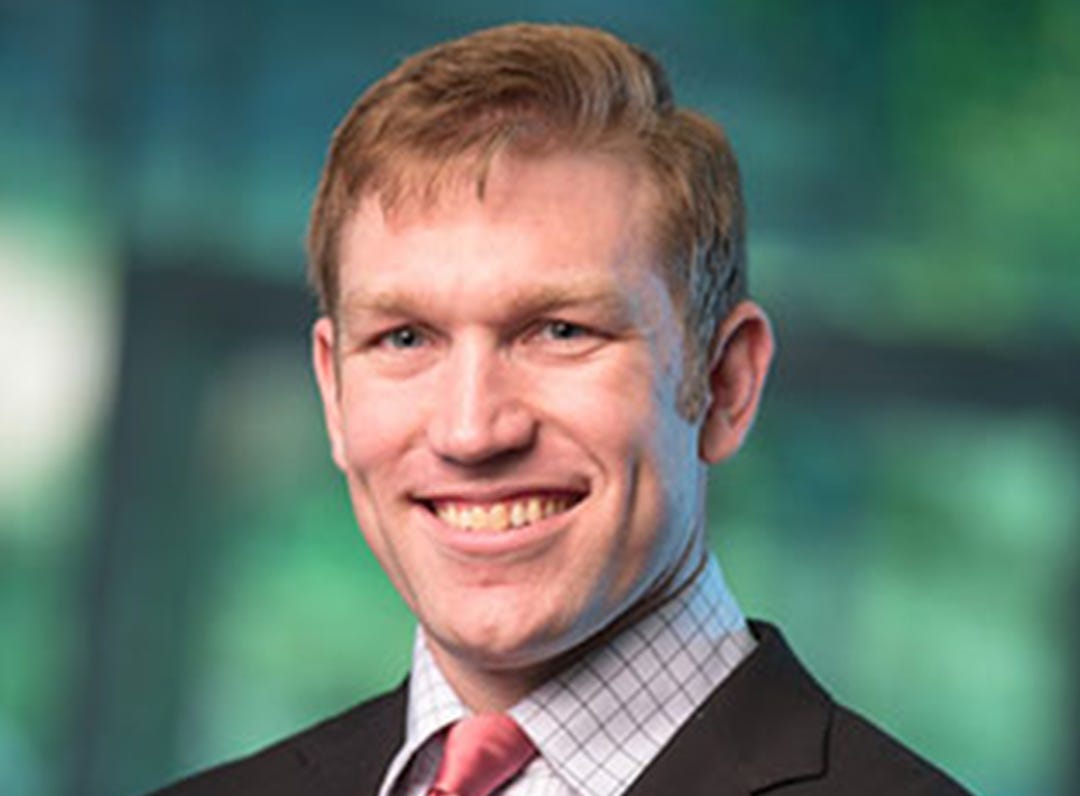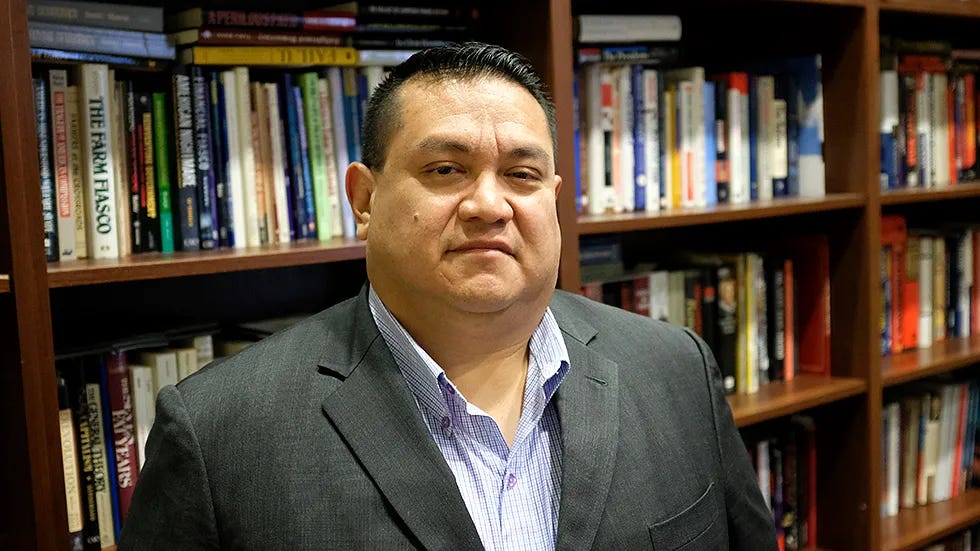Money matters
FreeCons fight for wise policies to help Americans thrive and prosper
Though Americans are concerned about a wide range of issues — from shooting wars in Ukraine and Gaza to immigration, health care, and education — pocketbook issues remain the top priority for voters going into the 2024 election cycle, according to most polls.
Among the signatories to the Freedom Conservatism Statement of Principles are dozen of experts who work on inflation, job creation, consumer finance, and other economic issues.
They author studies and articles, testify before Congress and other legislative bodies, draft bills and regulations, or speak to audiences across the country about how best to, in the words of the FreeCon statement, reduce the cost of living “through competitive markets, greater individual choice, and free trade with free people, while upholding the rule of law, freedom of contract, and freedom of association.”
Perfect storm
A former visiting professor at West Virginia University, Judge Glock now serves as director of research and senior fellow at the Manhattan Institute, where he focuses on the intersection of economics, finance, and housing.
In a recent CNN commentary, Glock related the origins of the “perfect storm” that is currently wreaking havoc on the finances and aspirations of Americans yearning to own their own homes. Although local restrictions on housing supply play a role, the rising cost of borrowing plays an even bigger one.
“One of the main reasons for those higher long-term rates is unprecedented levels of federal deficits and debt,” argued Glock, a FreeCon signatory. “This year the federal deficit, excluding the reversal of the government’s student loan forgiveness plan, hit $2 trillion, a level once inconceivable in peacetime.”
Unless Washington policymakers get their fiscal house in order, he added, “there is little sign that the driving forces behind these problems will turn around soon.”
Credit worthy
Mario H. Lopez is president of the Hispanic Leadership Fund and a Freedom Conservatism signatory. His career has taken him from political campaigns and the Republican National Committee to service on Capitol Hill and many boards and commissions.
In a column for American Banker magazine, Lopez criticized a Biden administration proposal to increase reserve requirements on U.S. banks. While advocates claim the recent failures of Silicon Valley Bank and Signature Bank were the result of inadequate capital rules, Lopez challenged their narrative.
“The closures that made headlines earlier this year had nothing to do with capital requirements,” he wrote, “and the proposed rules would not have prevented the fundamental problem of mismanagement by both bank leadership and regulators.”
Biden’s proposal would make it harder for low-income Americans, in particular, to obtain the loans they need to buy homes or start businesses.
“For example, 39% of Hispanic entrepreneurs already report that access to proper financing remains a huge problem,” Lopez observed, “compared to only 18% of non-Hispanic white small-business owners. Hispanic-owned businesses contribute over $800 billion to the economy each year, so misguided policies that hurt them affect the economy as a whole.”
Minnesota vice
If “you see a bad policy being proposed somewhere in the United States,” says John Phelan, “it has already been tried in Minnesota.”
Phelan should know. An economist at the Minnesota-based Center of the American Experiment, he previously worked in London’s financial sector and spends his time contrasting political fantasies with economic realities.
In a recent RealClearPolicy column, Phelan took aim at U.S. Sen. Josh Hawley’s proposal for a federal cap on interest rates for credit cards. When Minnesota lawmakers adopted a similiar policy, the effect was to reduce the availability of credit to low-income borrowers.
National Conservatives and their political allies, including Hawley, espouse “a fairly explicit repudiation of a good chunk of ‘Right’ or Republican thought,” wrote Phelan, a FreeCon signatory.
Still, “the vibrancy of these ideological and policy debates on the Right is a welcome contrast with the intellectual torpor on the Left, where thought comprises nothing more than shouting ‘Racist’ ever louder at ever more things and spending ever more money on ever more things.”
Other coverage
FreeCon signatory Jon Hart is co-founder and vice president of the Conservative Coalition for Climate Solutions. Hart and his colleagues have just released a briefing book. “Candidates and parties who prefer winning to losing see challenging topics like climate as generational opportunities to make the case for freedom,” Hart wrote.
Christian Josi, a longtime public-affairs consultant and writer who previously served as executive director of the American Conservative Union, explained in a PJ Media column his decision to sign the FreeCon statement. “The freedom movement was born of people like me,” he wrote. “People who have been working in the trenches forever and hope to win our movement and our country back again.”
The 2023 Freedom and Progress Conference, held last week in Washington, was hosted by the Foundation for Research on Equal Opportunity. Its president, Avik Roy, is one of the organizers of the Freedom Conservatism project, and the event featured many FreeCon signatories and allies. You can watch C-SPAN coverage of the first two panels right here.




